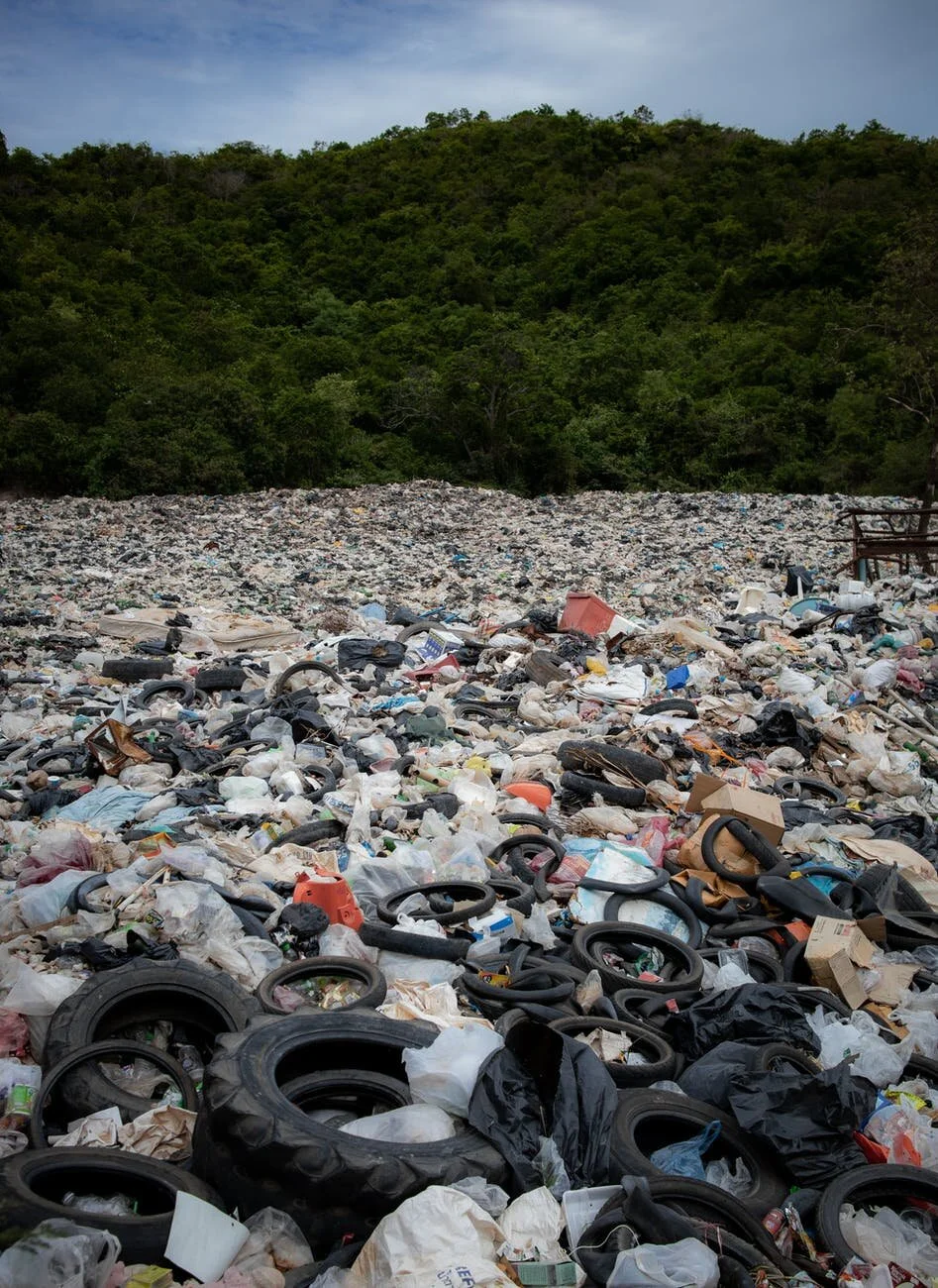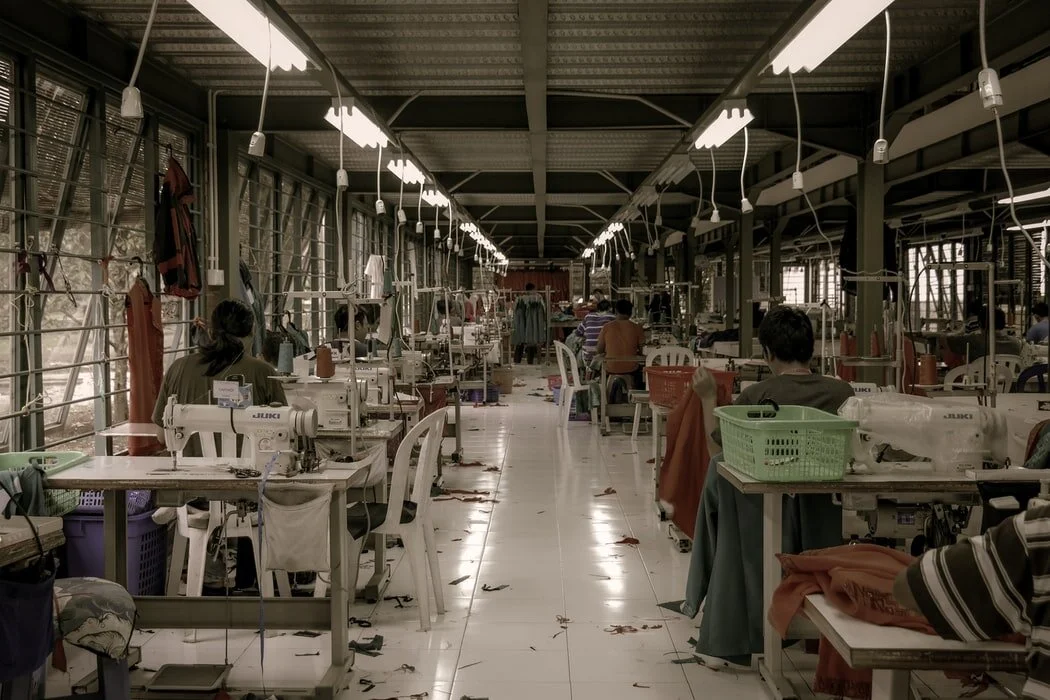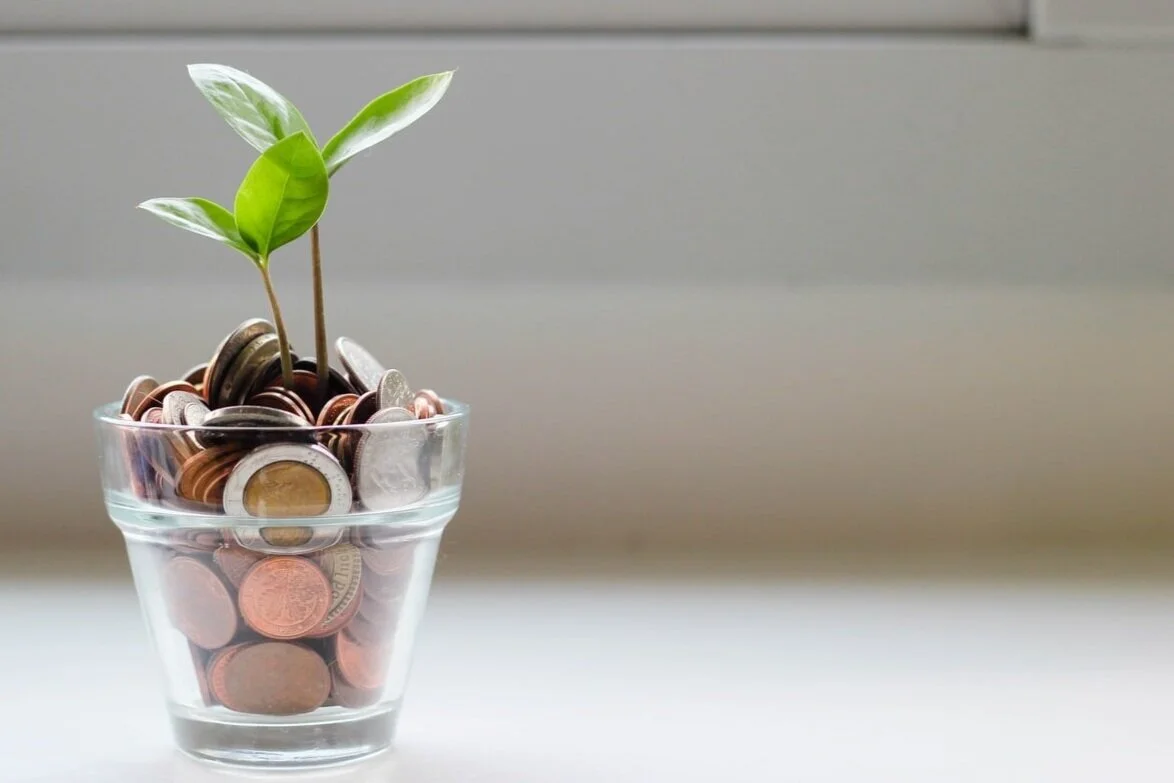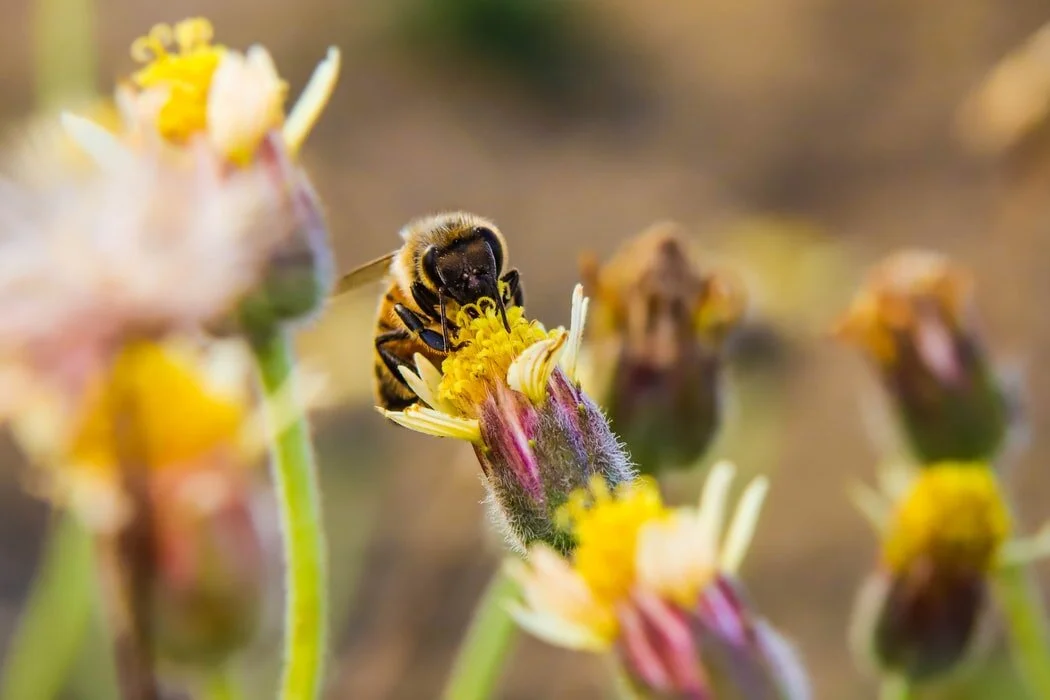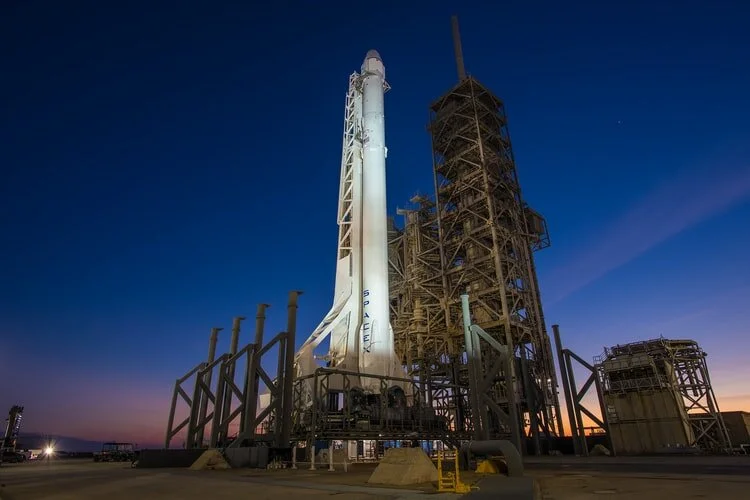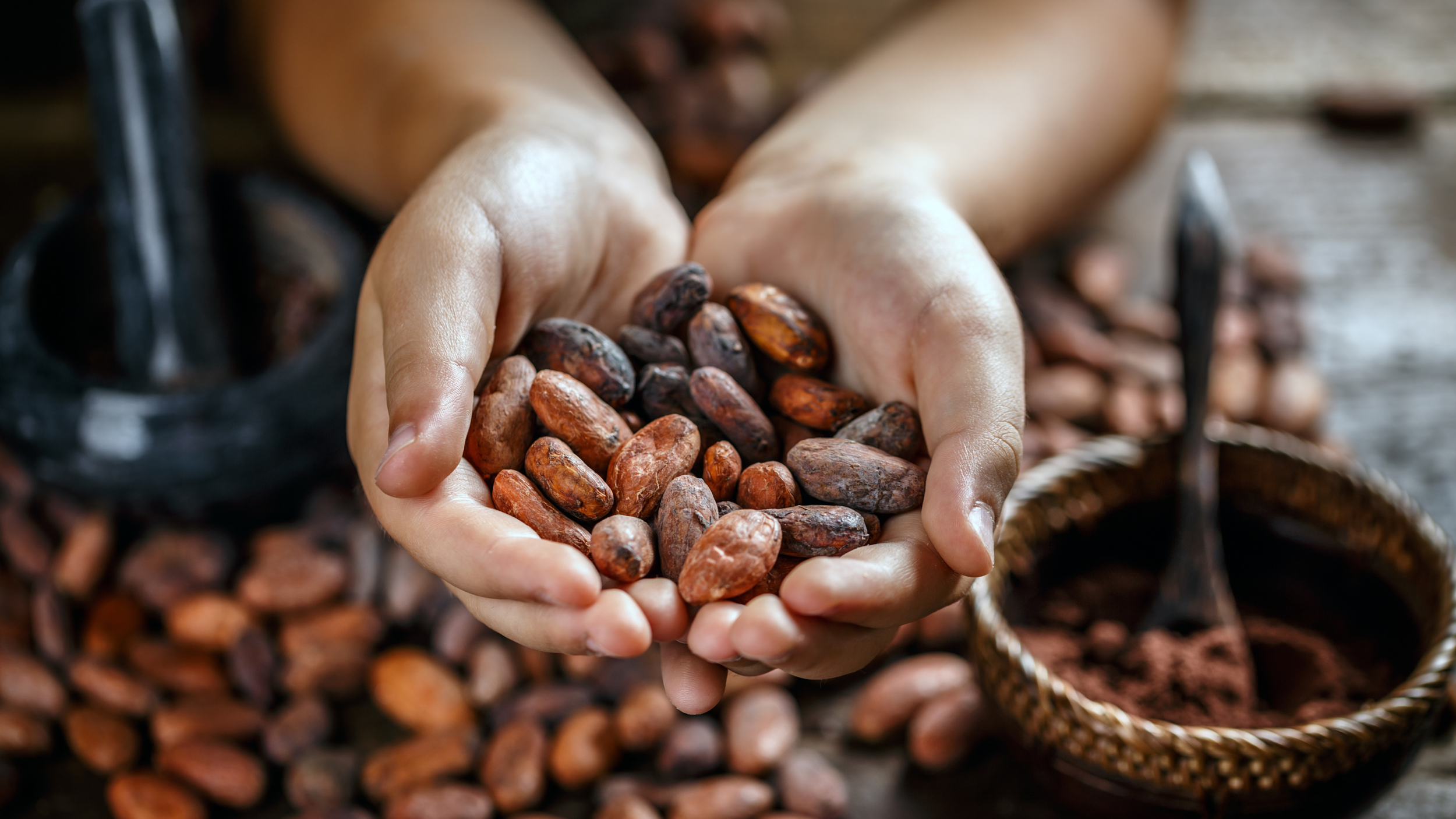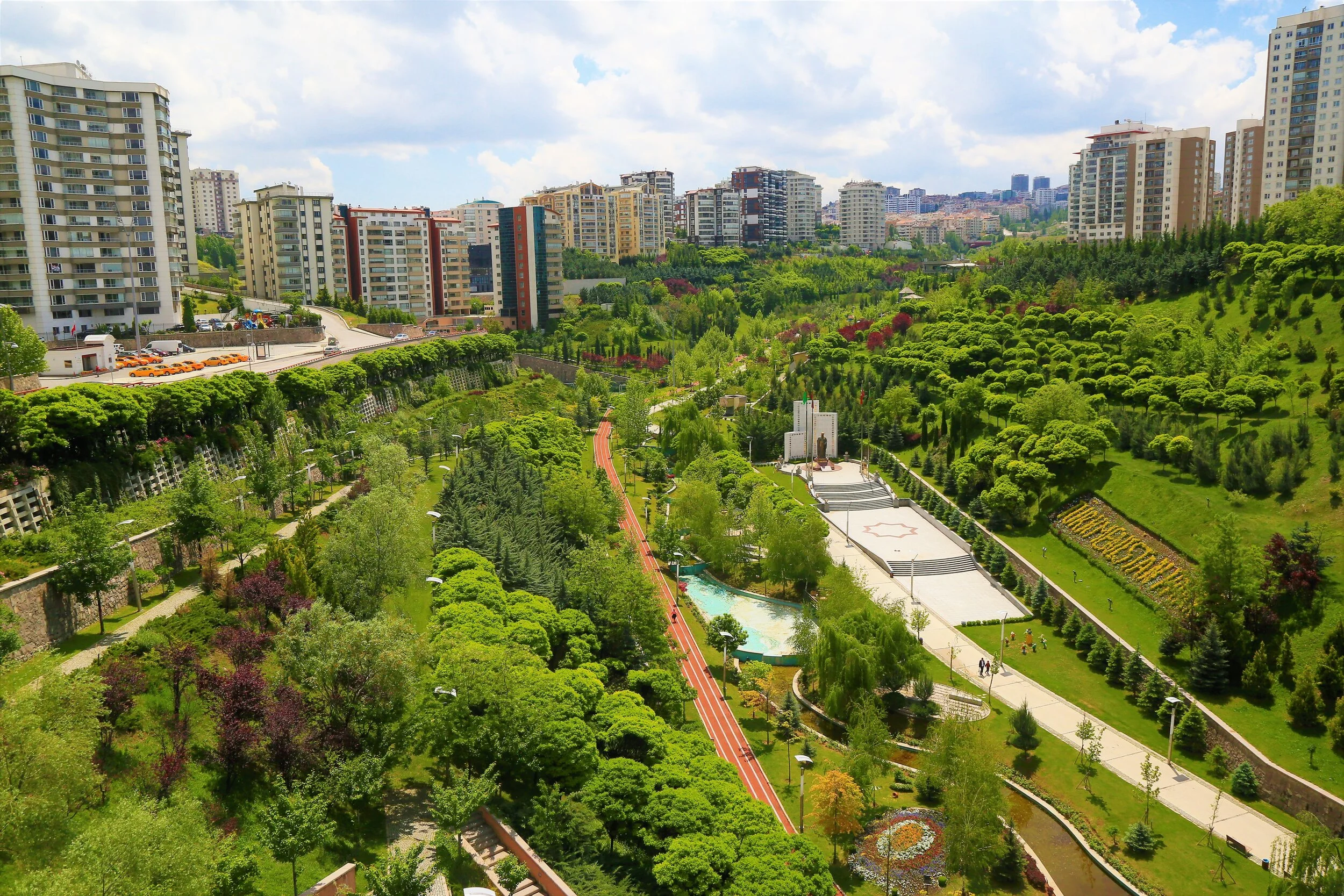Every year, the world produces almost 370 million tonnes of plastic. The UK produces more plastic waste per person than all other countries in the world, bar the USA, equating to 5.2 million tonnes every year - enough to fill Wembley Stadium six times over! With many of us rinsing, sorting and separating our plastics from our cardboards, we naturally assume that our recycling will be taken to a processing plant to be recycled and reused – but is that really the case?
Read MoreThere is an increasing division between nature and wilderness. Perfectly manicured gardens and heavily regulated reserves may represent elements of nature, however, can something so regulated really be described as wild?
Read MoreWhile for many of us modern slavery is a concept which has been consigned to history, for millions it remains a reality. Modern slavery refers to situations of exploitation that a person cannot refuse or leave because of threats, violence, coercion, deception, and/or abuse of power. According to the International Labour Organisation, 40 million individuals worldwide are subject to modern slavery every single day.
Read MoreWhen analysing the recent EU regulations on sustainable finance, a recurring and converging theme can be observed alongside the focus on climate and environment – this is human rights due diligence. Human rights due diligence is a way for corporates and investors to proactively manage any potential human rights impacts, within which they are involved.
Read MoreThere are approximately 476 million people who self-identify as indigenous worldwide. Although the indigenous population makes up less than 5% of the world’s total population, they own, occupy or use up to 22% of the global land area, which includes 80% of the world’s biodiversity. For thousands of years indigenous communities have been caretakers of the environment, protecting land from degradation and respecting wildlife; a role which is often overlooked
Read MoreWorldwide, phytoplankton transfers about 10 billion tonnes of carbon from the atmosphere to the deep ocean each year. Based on Route2’s preferred social cost of carbon of £61, this results in a yearly societal benefit of £610 billion, in terms of avoided carbon. This indicates the significance and value of phytoplankton within the ocean sink, therefore, improving the capacity and efficacy of this is a priority for sustainability and conservation.
Read MoreWhat is more valuable, a tree, or its equivalent weight in paper? Is a lake as valuable as its volume in water bottles on supermarket shelves?
The majority of us would not know how to approach an answer to this question. The only form of value we are accustomed to seeing, and therefore the value lens we see the world through, is financial value. Our vision is incomplete, we are colour-blind and all we see is money.
Read MoreAcross the world around two million tonnes of pesticides are being used annually, with approximately 85% of all pesticide usage occurring in the agricultural industry. Agriculture uses pesticides to boost productivity and output by controlling for weeds, preventing insect infestations and reducing plant diseases. However, it has been predicted that the costs of pesticides now outweigh the benefits.
Read MoreAgriculture in developed nations is consolidated around industrial, largescale farms. These farms, which will often grow a limited range of crops or even a single crop (also known as ‘monoculture’), are increasingly responsible for the food that we eat. The advantages of a largescale farm are commonly assumed to be self-evident: consistency of output and economies of scale.
Read MoreWater on the moon looks to be more abundant and accessible than previously thought, which is good news for all those considering a future lunar economy. Lunar water offers the potential of lunar manufactured rocket fuel, which means more efficient space exploration of other heavenly bodies. But before we view the solar system as the next wild west it might be worth reminding ourselves of the real costs of ‘freedom in the commons’ and ensure this understanding shapes our celestial adventures.
Read MoreUtilising some 51,600 vessels the Maritime Transport Industry (MTI) is responsible for the distribution of some 11 billion tonnes of cargo a year, equivalent to 90% of world trade. Approximately 30% comprises tanker trade (e.g. crude oil, gas, chemicals etc.), another 30% comprises main bulk (e.g. iron ore, grain, coal, phosphate etc.) and the remaining 40 per cent comprises other dry cargo (e.g. containers etc.). It’s fair to say the Maritime Transport Industry sector fuels world economic growth.
Read MoreThe International Labour Organisation (ILO) has estimated that on any given day, on average, 152 million children are being exploited in the labour market. This equates to more than double the UK’s population. Child labour is defined as ‘work that deprives children of their childhood, their potential and their dignity, and that is harmful to physical and mental development’.
Read MoreThe gap between what markets value and what society values is closing. Financial markets and investors are increasingly focused on the fact that risks and opportunities linked to sustainability are tangible and can have a significant impact on business performance.
Read MoreThe world has been given a deadline to stop and begin to reverse the impacts of climate change. This means lowering the global production of greenhouse gases including carbon dioxide. Preventing the destructive impacts of climate change rests on this commitment. Key measures include halving our global energy-related carbon emissions by 2030 and aiming for carbon neutrality by 2050.
Read MoreThe moral case for ending discrimination is clear, but its economic benefits remain largely unexplored. By our calculations, ethnic discrimination in the workplace costs the UK £40 billion annually. That’s £10 billion more than Rishi Sunak’s latest coronavirus response package, or equivalent to 1.8% of our Gross Domestic Product.
Read MoreOver 750 companies including household names like Coca-Cola, Unilever, and Adidas have committed to removing their advertising for July. This led to an 8% drop in share price at the end of June, equivalent to £6 billion pounds. It is yet to be seen whether this pressure from an increasing number of companies will force Facebook to address the issues in question or even last.
Read MoreYes, it may be possible and cheaper to have oil extracted in the Middle East, refined into plastic cutlery in China, shipped to the US and provided free with a take-away meal, collected in recycling, transported to a sorting plant, cleaned and then shipped back to China, but does this really make sense?
Read MoreActing as CO2 sinks, 100 square metres of green roof can provide the oxygen needed for 100 people in a year or remove the pollution created by 15 cars in a year.
Read MoreWhen economists and scientists calculate the damage or social cost of a tonne of carbon, estimates range from $30 to almost $1500 per tonne of carbon dioxide equivalent (tCO2e) emissions. This uncertainty can present challenges for businesses who are increasingly evaluating their carbon footprint in value terms.
Read MoreWhen COVID-19 hit, many apparel companies acted with no regard for the health and wellbeing of their garment workers, refusing to pay the factories producing their clothes and cancelling future orders.
Read More

